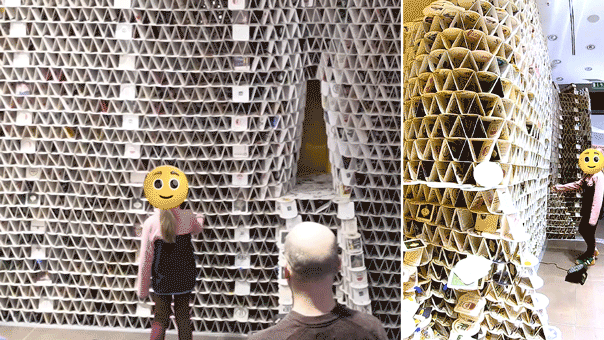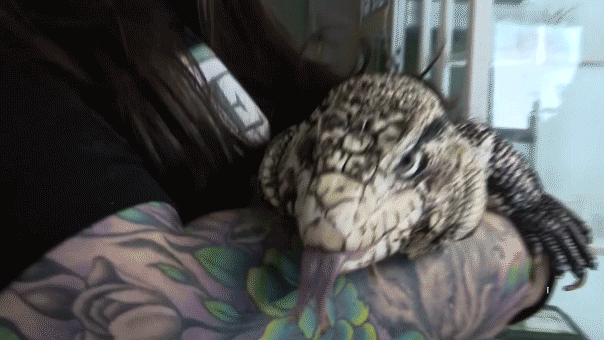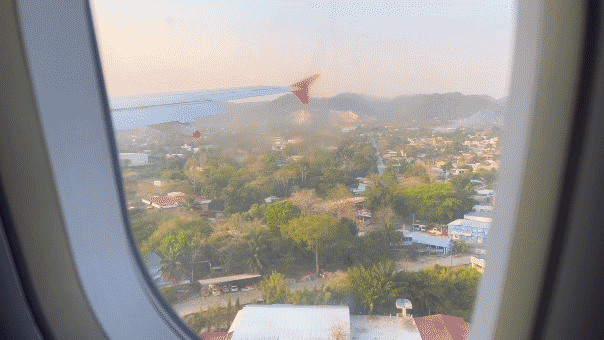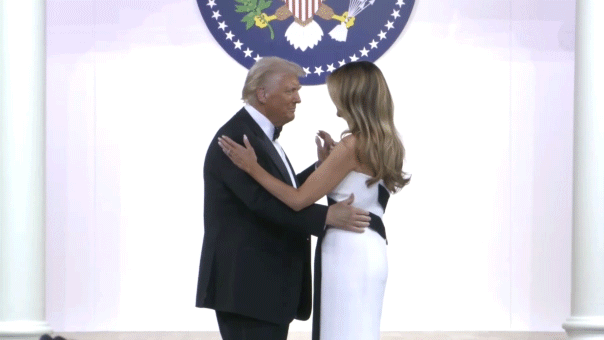While many Christians take down their Christmas tree on January 1st, many Latinos across the country keep the Christmas festivities going until well after the New Year.
After Santa Clause has left town, Gaspar, Balthazar, and Melchior, the Three Kings (or three Wise Men) make their way to children's homes on January 6, bearings gifts of every kind.
"For us, it's important that our kids get excited with these traditions so when they're older they'll have the same memories that we had when we were kids," said Ludwig Sánchez, who grew up in Mexico and moved to the U.S. several years ago.
The Sánchez family celebrates the arrival of the Wise Men (or Tres Reyes Magos) every year and focuses the day on presents for the children.
But growing up, El Día de los Reyes Magos was an even bigger deal in Mexico, says Ludwig.
After carefully writing a letter to the Wise Men and asking them for presents, just like all of his friends, he would tie his letter to a helium filled balloon and let it fly. In excitement, he would watch the wish-filled balloon as it soared into the air. His family used to take him to Mexico City's Alameda Central where they would walk around the huge park to different booths to take pictures with each of the Wise Men in traditional dress—similar to the way kids go to the mall to take pictures with Santa.
Living in the U.S., the Three Kings Day isn't quite the same. But he and his wife try to give their youngsters the most authentic experience they can. Their kids put their shoes under the Christmas tree on the evening of the 5th and go to bed early. The next morning they wake up to see what the Kings brought them.
"My favorite part about Three Kings Day is putting my letter in the balloon and sending it up to the sky, said Isaí Ludwig's 10-year old son, "because it's really fun to see it go up in the air and disappear."
On the evening of January 6, the Sánchez family passes around hot chocolate and breaks open the traditional Rosca de Reyes—a bread with plastic baby Jesus figurines baked inside—to see which lucky person will find one of the small figurines.
This is a similar tradition for people from many Latin-American countries.
"Originally, baby Jesus was good luck and whoever got it would take it to church on February 2nd to have it blessed" said Hirepan Zarco, who grew up in Mexico but started a family here in the U.S. "But in my family, the tradition is whoever gets the baby Jesus buys tamales for everyone," he added.
For Sandra Rodríguez, who immigrated from the Dominican Republic, their tradition is eating sweet bread.
But Three Kings Day isn’t just about food for many cultures.
"The important thing for us is, before anything else, we leave the tree and the decorations until the Wise Men come," said Lily Miller, who grew up in Colombia.
Keeping up with Three Kings Day in a country that doesn't celebrate it means making small adjustments to make the holiday work. For example, the Sánchez kids will not have the same experience as their parents of playing with their toys all day because they have to go to school. (Some towns across the country, though, particularly predominantly Latinos ones, have started making Jan. 6th a holiday.)
"They just see their toys, leave them at home, and go to school," said Ludwig, "After school, they come back to play with them."
Carlos Hernández from Puerto Rico said that, back home, Three Kings Day is pretty big. He now lives in the U.S. and since he has no one to celebrate with, he doesn't continue the Puerto Rican tradition of leaving water and grass under his bed for the Wise Men's camels. He just remembers the holiday and sometimes has a special dinner. He said that the U.S. traditions are so dominant that Christmas has become the main holiday of the season.
"Three Kings Day has really become less significant," he said.
Rodríguez has always celebrated Three Kings Day with her kids at home. Her kids would leave out notes and candy for the Wise Men and water for their camels. But she modified the holiday by giving her kids lots of presents on Christmas to keep up with American traditions, and also making sure the Reyes gave her children gifts on Three Kings Day.
"It's madness when the kids get up on the 6th. They are all playing and asking their friends what the Wise Men brought them," said Rodriguez.
Zarco said that since the holiday isn't huge in the U.S., Three Kings Day has become more of a family celebration than a community one.
"To me, it’s a way to remember something I don't have any more. It's a way to honor my family's traditions,” Zarco said. "It's a way to feel like I'm at home even though I'm 4,000 miles away."
Angela Santos is a freelance reporter based in Utah.
Follow us on twitter.com/foxnewslatino
Like us at facebook.com/foxnewslatino








































